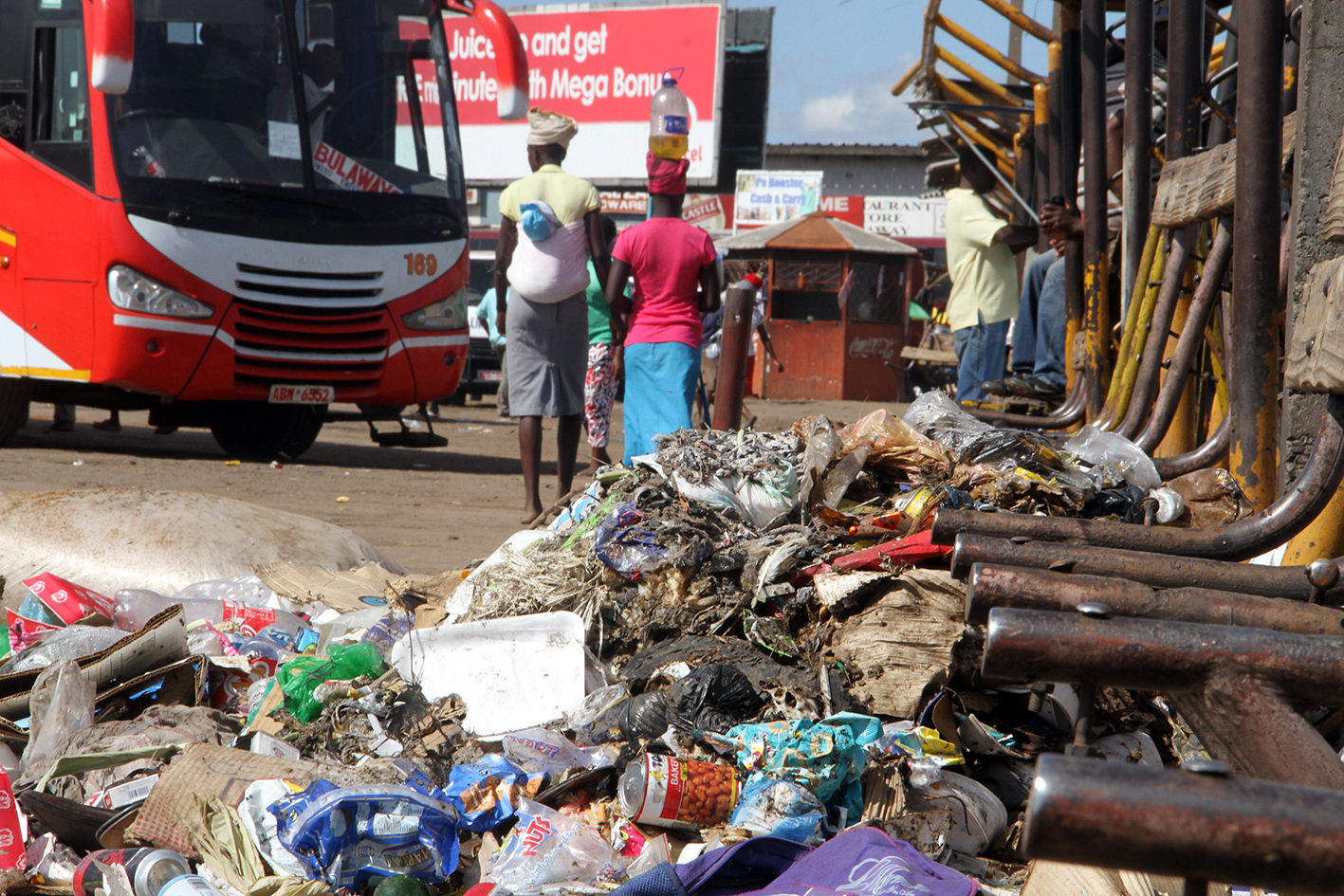
The Sunday Mail

Leonard Ncube in Mabale, HWANGE
STUNG by prevalent human-wildlife conflict, characterised by loss of livestock and lives, communities living next to the Hwange National Park have called for an end to the Communal Areas Management Programme for Indigenous Resources (Campfire) model.
They say it is serving no purpose.
This comes as the Government is working on amending the Campfire model to make traditional leaders legal signatories of trust funds generated through resources from the specific local communities.
The Government came up with the Campfire programme in 1989, as a way of ensuring that communities benefit from wildlife resources in their areas.
Campfire was managed through rural local authorities, which, after generating funds, distributed them to wards for development programmes after a needs assessment.
In some communities, schools, clinics and roads have been built using Campfire funds.
Funding for Campfire came mostly from the donor community, but dried out due to sanctions.
Countrywide consultation in 2016 revealed that Campfire was experiencing institutional, operational, legal and external challenges, while being highly dependent on hunting revenue, which generates 90 percent of its total revenue.
The Ministry of Environment, Climate and Wildlife is on a countrywide “Environment Minister’s Annual Community Engagement on Environment, Climate and Wildlife” with traditional leaders and villagers.
Between Wednesday and Friday, Environment, Climate and Wildlife Minister Mangaliso Ndlovu visited Bulilima, Tsholotsho and Hwange communities, which are heavily affected by conflict with animals in Matabeleland North and South provinces.
Villagers in Mabale, Hwange, under Chief Dingane-Nelukoba, appealed to the minister for the removal of Campfire because they were not deriving benefits from it.
They said they had lost cattle, goats and donkeys, as well as crops, to lions, hyenas and elephants, but with no compensation despite the existence of the Campfire programme.
Villagers also complained about the poor reaction from the Hwange Rural District Council, which manages Campfire in Hwange.
They said wild animals freely roam around human settlements.
“We are not fighting anyone, but we are concerned about the death of people and livestock due to wild animals.
“As we speak, I lost seven head of cattle last week to lions and I hoped to get compensation, but got nothing.
“Our situation is dire, as we are getting poorer and poorer yet we have Campfire,” said Mrs Violet Sibanda, a village head from Songwa.
Mr Misheck Ngwenya from Ward 13 said he lost 13 cattle to lions that either hunt in cattle pens or attack in the presence of herders in the bush.
“Campfire has left us poor. This is a programme that was started during our parents’ time, but they have nothing to show for it. We wish this can be removed.
“As Ward 17, we don’t want this Campfire. Let us give the animals back to the Zimbabwe Parks and Wildlife Management Authority, so that people can get benefits from wildlife.
“As it is, people are not poaching, but are getting no benefit at all,” said Mr Evans Shoko, a village head from Ward 17.
When Campfire was introduced, animals were allowed free movement outside national parks for communities to benefit from hunts through the programme.
Another villager, Mr Gorden Ngwenya, said Campfire was invisible in Hwange.
“A few days ago, I lost my cattle to lions while waiting for rangers to come. I called the Campfire manager, who said they had no transport. I went to pick them up with my car, but my cattle had been killed.
“Losing 11 cattle in a week is not a joke. Campfire is not helping us at all and should be abolished,” said Mr Ngwenya.
Chief Dingane-Nelukoba told Minister Ndlovu that his subjects had approached him expressing displeasure with the Campfire programme, and that it should be removed.
He said people want to be empowered through a conservancy, instead.
Hwange rural has 20 wards, and 18 of them have the Campfire programme, as they are adjacent to the Hwange National Park.
In response, Minister Ndlovu said there was a need to restore the boundary fence to keep away animals.
“Many of you here are not happy with Campfire. We are here to hear your views, let’s be fair to other communities, which we did not visit.
“So, we have to sit as a village assembly and make that resolution that you don’t want Campfire. If that is the case, let’s give ourselves time and make these resolutions that we can then take to the President and say this is what the people from Hwange want,” he said.
In a follow-up interview, the minister said there was a need to introspect and look at how best communities can benefit.
“We have just finished a three-day tour, and today we are in Mabale, Hwange, where we had frank discussions about issues affecting the entire district.
“It is clear that communities are facing numerous challenges, most of which relate to their livestock.
“It is a common phenomenon in the three districts we visited this week, and in a more pronounced way today communities are indicating that the Campfire programme is not working for them,” he added.
“Boundaries were left open on the understanding that wildlife has to come out of the national park for hunting to take place, but again, because there is no barrier, it means animals are now freely roaming within communities and people are losing lives, livestock and crops, with no compensation.
“They are also complaining about the reaction time and inadequate equipment by Campfire teams.”
“It is very important to get first-hand feedback from communities, and we know that Campfire started with a lot of funding, which dried up when sanctions were introduced and we had to look internally and focusing more on hunting.”






